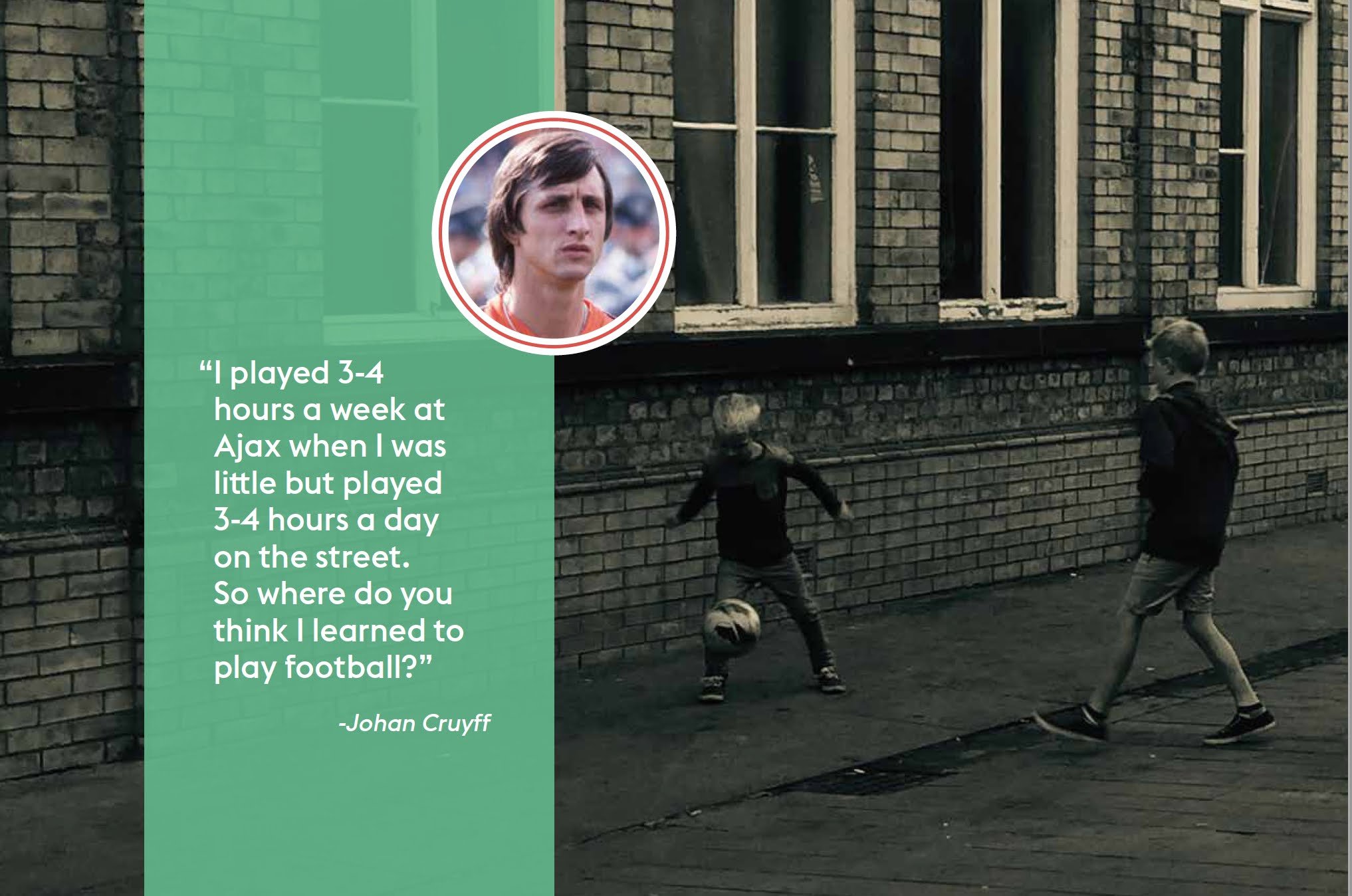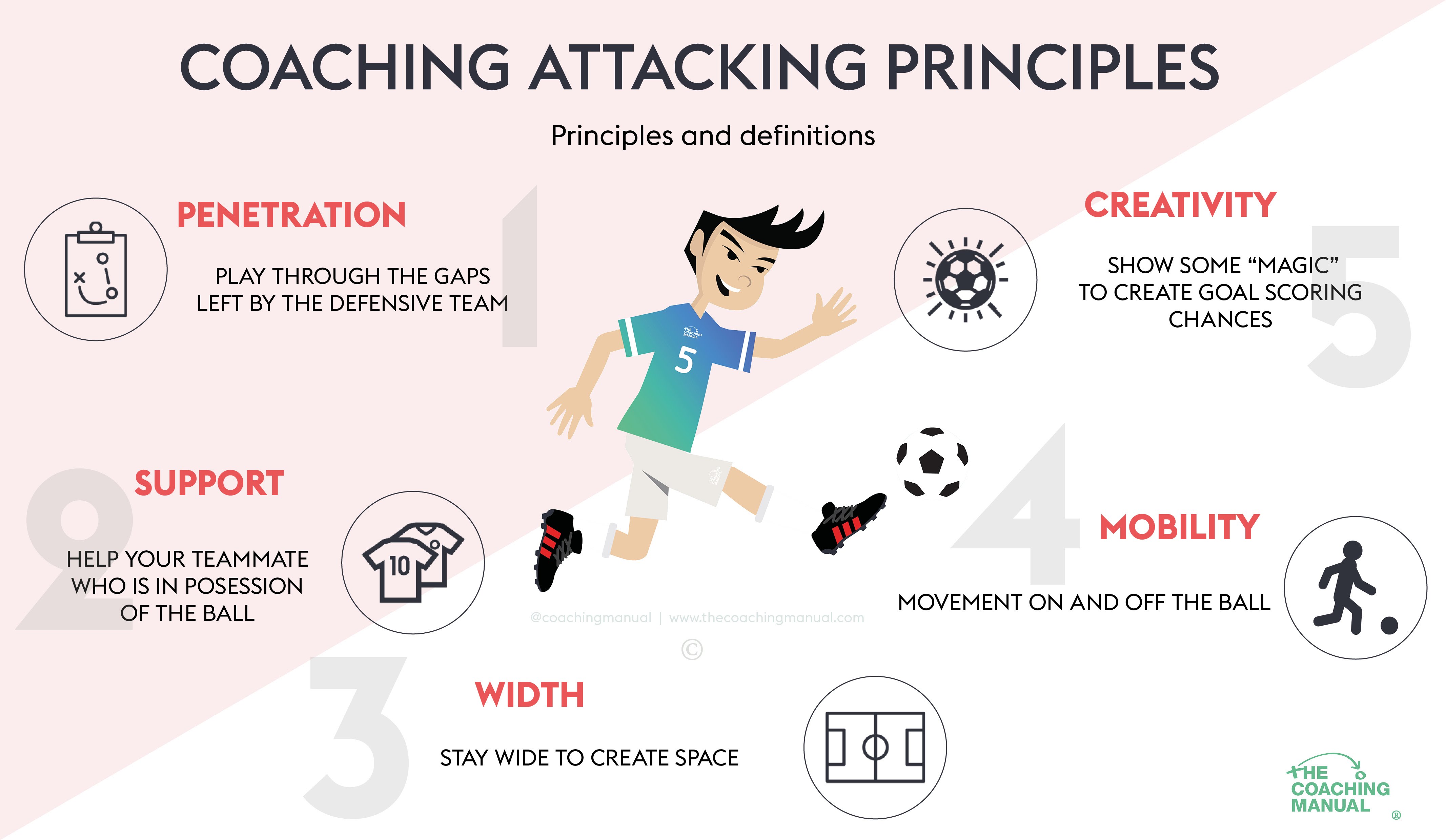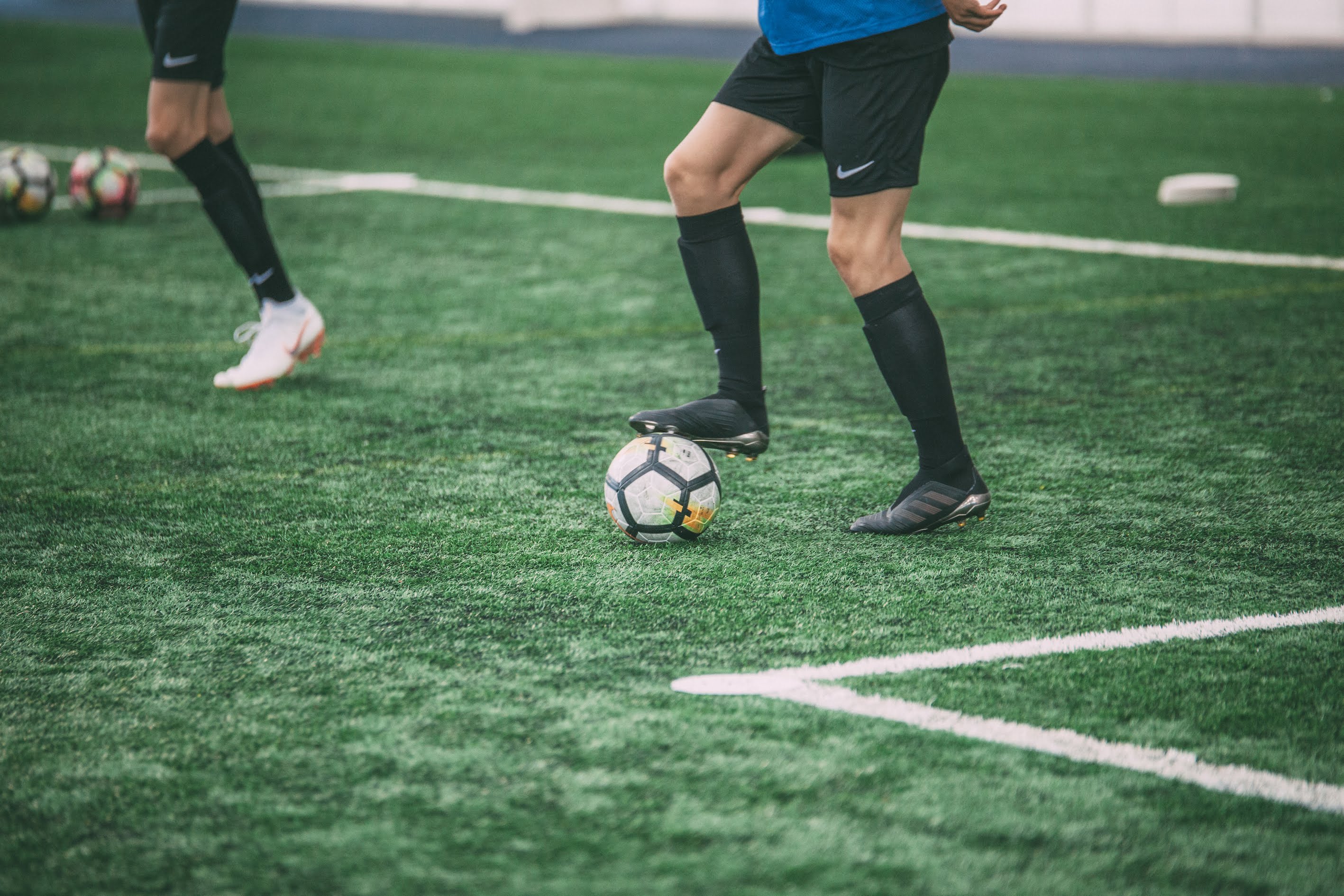Generation X (Box)
As a product of Generation X, I sometimes wonder if I look back at my own childhood through rose-tinted spectacles. Did we really enjoy that much freedom and were summers so much longer then? Unfortunately, research suggests I'm not. A study by JCB in 2013 found that children in the modern era are spending (on average) 10 hours per week less outdoors. It's a genuine problem.
The consequence of this, for football, is that children aren't learning the game by playing it anymore. The games which Bobby Charlton describes in this fantastic documentary (skip to 6:51) don't happen nowadays.
But these games weren't just a feature of Charlton's childhood. Most Generation X'ers and even the Millennials born before 1995 will attest to weekend games on the local park, which went on for hours.
So what happened? It would be disingenuous to solely blame X-Box or Playstation. However, the rise of games consoles and other technologies must certainly be considered as one of many contributing factors. The reasons for less time outside are complex and require detailed analysis to do the topic justice. It's not something I want to dwell on for too long. We know children play outside less, so what can we do about it?
Practice makes perfect
The main thing these unstructured games gave us was practice; hours and hours of it. The beating heart of these games is what the Football Association would now call the social corner. That is, groups of friends, schoolmates and team mates across different age groups who just wanted to play. The games went on and on, perhaps starting with 5-a-side, growing to 15 or 16-a-side and dwindling eventually to a couple of mates taking free kicks at each other until they heard the unmistakeable tones of mum calling them home for tea-time.
It was this footballing culture in the United Kingdom, which created a conveyor belt of exceptional players from Charlton through Dalglish, Hoddle, Gascoigne and then to the likes of Giggs, Gerrard and Lampard. The same can be said of other hotbeds of footballing talent globally. The street games of Buenos Aires, Amsterdam or Rio de Janeiro have produced an embarrassment of riches down the years. It was based on a repetitive process of learning the game through playing it for very long periods in the park or on the street.

Without this time, how can we help children to plug the practice gap?
Endless Ball Mastery sessions probably aren't the answer
I know that this will cause consternation amongst some coaches who rely on basic ball mastery drills as the foundation of their coaching delivery. But, ask yourself why there's suddenly become such a large focus on these ball mastery practices and on fundamental movement? To me it appears that this is a remedy to one symptom of a much bigger problem.
Naturally, these practices are delivered with a genuine desire to help children. We suspect that players are becoming less technically capable, so we try to remedy it by putting on technical ball skills practices on a regular basis. Unfortunately, one or two hours of this work a week isn't going to make up for the deficiencies. It needs to be more and it needs to come from a desire within the player to improve.
So, let them do ball mastery practice at home.
The game isn't the teacher, the coach is
In those big games at the weekend in the 70's, 80's and early 90's there was probably a 5-6 year age gap between the youngest and oldest players. When I was at the younger end of the age range, I had to learn very quickly about what I wanted to do with the ball, before I received it. If I didn't and I lost it, the older boys might not pass to me for a while. Equally, if an older player was 10 yards from me, I quickly learned that he could make the distance up much quicker than one of my friends, so we learned to receive the ball properly and move it on quickly.
These games forced us to learn how to make decisions in football. We knew when to dribble ( usually when faced with someone from your own age range) and when to pass (when you were faced with older and bigger players). Our understanding of the game grew as a result.
This is perhaps the area where we can help the most as coaches. You guys work on the technical stuff at home then, come Thursday night, we'll start to fill in the information about how the game works. Come to training and we'll teach you the principles of the game. So, instead of working on ball moves all night, we're working on scenarios, on painting pictures and on developing the imagination of our players, so that they can use their ball mastery in the right areas of the pitch and at the right time. In essence we help them to become intelligent footballers.

Can they talk the talk?
Get them to go and watch their local park team. Ok, the language in the adult grassroots game can be questionable at times (it certainly is in South Manchester), but the information players give each other can be so valuable to young players. Communication is massive in football and if our players only get to watch the game on TV or play it on the Playstation, they are missing out on one of the games most crucial pillars.
I find it so frustrating with my own players that they either don't talk to each other or they spend the entire time shouting "pass, pass" when they're miles away from a team mate with 4 opponents between them and their team-mate. The other bugbear is the constant "what are you doing?" every time someone makes a mistake.
Showing them what happens in the adult game will teach them pretty quickly that the information you are supposed give on the pitch, is to help or encourage your team mates and that the language like "Help him out" "Don't dive in" etc. actually relates to the principles. I learned so much from watching my own dad train and play from the sidelines as a youngster.
One of our coaches created this fun guide on the language of the game, which you can share with your players.
Who else can help?
It's important that parents buy in to what you are trying to achieve as a coach. There are lots of practices which players can do at home with mum or dad, which will help them get better. Children want to practice with friends or with their parents, solitary football can be a bit tedious.
A simple 1-1 session like this could also help:


